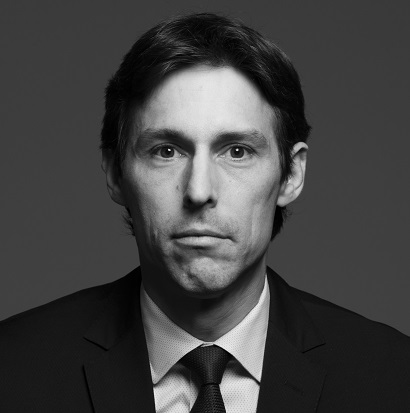Nova Scotia Barristers Society without jurisdiction to refuse Trinity Western University grads
The Nova Scotia Supreme Court ruled late in January that the Nova Scotia Barristers Society ("NSBS") must accredit law degrees granted by Trinity Western University ("TWU") in Langley, British Columbia.
The NSBS decided by a 10-9 vote on April 25, 2014 not to acknowledge degrees from TWU on the basis that the school's mandatory "community covenant" is discriminatory. Their decision came only one day after the Law Society of Upper Canada similarly decided not to license TWU law graduates.
The TWU controversy stems from the school's requirement that each student sign a "community covenant", a code of behaviour which, among other things, bans all sexual intimacy outside the traditional marriage between a man and a woman. Critics of the private Christian university's efforts to open a new law school say that the community covenant is discriminatory to lesbian, gay, bisexual, transgender and queer students.
In response to denials by the professional regulators, TWU brought applications for judicial review in both Nova Scotia and Ontario, and more recently in BC.
In the Nova Scotia case, Justice Jamie Campbell held that the NSBS's decision not to accept TWU degrees unless the school changed the community covenant was tantamount to regulating the BC university, something which the NSBS does not have jurisdiction to do.
Even if the NSBS did have jurisdiction to decide the issue as it did, the decision was unreasonable. Justice Campbell held that the decision to deny TWU focused too heavily on equality rights and did not properly weigh the school's religious freedom. This ruling followed the Supreme Court of Canada's decision in 2002, which found in favour of TWU's right to open a faculty of education.
Justice Campbell's judgment is likely to have an impact on the proceedings between TWU and the Law Society of Upper Canada, to be heard later this year before the Divisional Court.
- Research contributed by David Shore, 2014/2015 articling student
